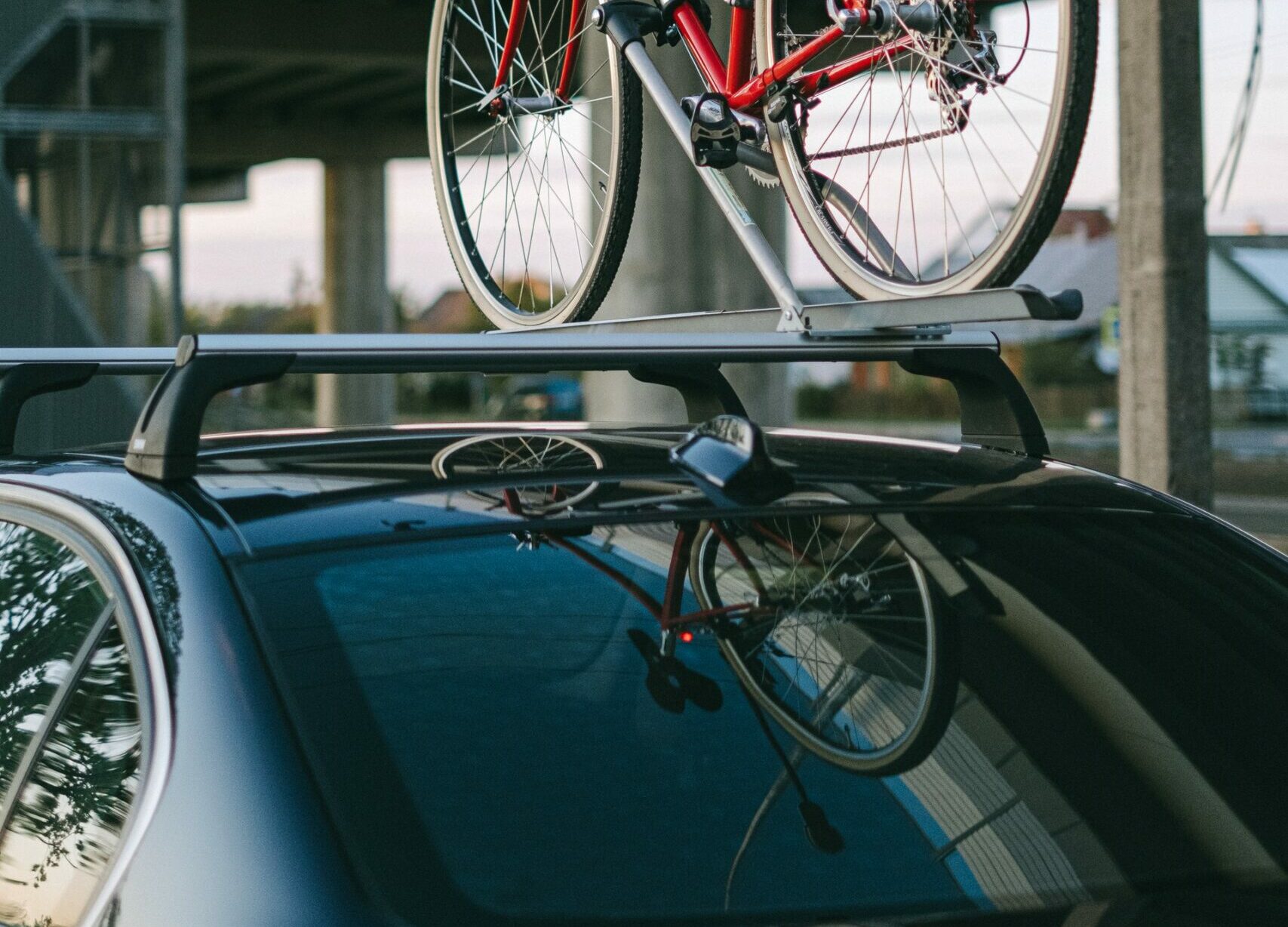There are numerous ways to halt the Motorcycle other than using the front and the rare brakes. People have been using the engine braking to scrub speed. Engine braking is simply reducing the motorcycle speed by closing the throttle and then leaving the engine to drag and eventually slow down.
The mechanism of engine braking
According to Motofolder.com, “Most people are not conversant with this mechanism, and it seems to be complex, but it’s not”. When the throttle is open, it works in the essence that the piston pulls air and fuel to the cylinder during the intake stroke. Therefore, if you try and block the throttle, the piston is in the process of drawing air, but because the throttle is closed, it essentially sucks against a closed tube. This creates a vacuum which essentially puts a drag on the piston, making it slow down, which makes the rare wheel slow down too, thus bringing the braking effect to the Motorcycle.
Although, it is also influenced by some factors that determine the braking effect’s power, and the major one is the engine rpm. After closing the throttle, your Motorcycle’s engine consists of a higher rpm, the higher the suction it will produce. Thus, the greater the engine braking effect, and thus one can increase the braking effect by downshifting a gear or two.
Is the engine braking badly for the engine?
The perfect answer is No; however, some major concerns make some people view it as not good for the engine. During the process of engine braking, it causes the engine to rev up and sound strained, although it has no effect unless you have downshifted to such a low gear, for instance, gear one and the bike is spinning up into the redline, but there is no harm involved. Although there have been several concerns that other media have tried to raise, we can narrow them down and showcase why they are not legitimate.
Lack of lubrication
There have been claims that engine braking can cause damage to the engine if there is insufficient lubrication. This is not the case because the throttle controls the throttle valve and is not in the oil pump. But if we look at it from the other perspective, we will discover that it is still doing its thing and actively distributing oil to the transmission, piston, cams, and all the parts; thus, sufficient lubrication is flowing around during the engine braking.
Although if you are on the two-stroke, lubrication is mixed with gas and might bring some lack of sufficient lubrication concerns. However, the fuel is still being fed through the pilot circuit, and also, there is another residual oil in the top end to ease the engine braking. For a short-distance engine, braking does not affect your engine, but the only legitimate concern that might cause some trouble is when your engine brakes to maintain your speed for long miles, for instance, while coming down a mountain.
Engine braking causes wear on the transmission and clutch
There was another claim on the transmission or clutch damage in that one of them must suffer during engine braking. No, they would not because that is what they were meant for, the cogs in the transmission and the clutch assembly were designed to handle all of the engine power even while riding at the highest speed, and if they can endure that throttle from a stop, they can entirely handle a fraction of the same force during engine braking. Besides, you should understand that downshifting when the bike is revving super high in that you force the spin to the red line is never a good idea, so you should not practice that.
Engine braking reduces wear on your brakes.
Engine braking reduces your motorcycle speed without necessarily applying the brakes. Because your Motorcycle is slowing down passively, it allows you to have complete control of your motorbike in that you will only apply the brakes at much slower speeds, that is, if you want to come to a complete halt. This means that there will be less wear on the brake pads and less heat, and thus they will not fade easily, implying that they will last longer.
When to apply engine braking
There are numerous instances where you can apply engine braking as the safety mechanism for halting your speed.
- Apply it while navigating downhill
While riding down a slope, this is a safe mechanism because all you will have to do is lower the gear and then apply engine braking. This has numerous advantages to your Motorcycle as it reduces the frequent use of brakes, thus preventing the brake from overheating and thus ensuring your brakes last longer.
- It can save you from emergencies
Let’s say you are on the road, and the person in front of you suddenly stops. What will be your next action? In such emergency occurrences, engine braking comes in handy. If you are downshifting and maintaining an appropriate gear with the required speed, incorporating it with the brakes will help you contain the situation efficiently.
There are risks involved
Even though it has numerous benefits for the rider, it also has one major drawback. Some riders use this technique to shed speed; however, this might be considered a harmful activity if you are on a busy road because engine braking does not illuminate your brake light. This poses some dangers to yourself because the driver behind you might not be aware that you are reducing your speed, and if they have followed you tightly, it could result in an accident. So it is advisable before engine braking to confirm using your side mirrors that the road behind you is clear or you have maintained a huge gap from the driver behind you or simply flash your brake lights to indicate that you are slowing down.
Final thought
Even though different people have different thoughts about engine braking, if applied well, it is a good practice for your motorbike; however, this is a skill that requires adequate practice for you to obtain perfection. So when you have enough experience over time, you will realize it has become a natural habit that comes automatically when you want to slow your speed. If you incorporate this skill with using the front and rare brakes in conjunction, it will increase the proficiency of your motorbike; thus, you should go ahead with engine braking whenever you feel the need.









